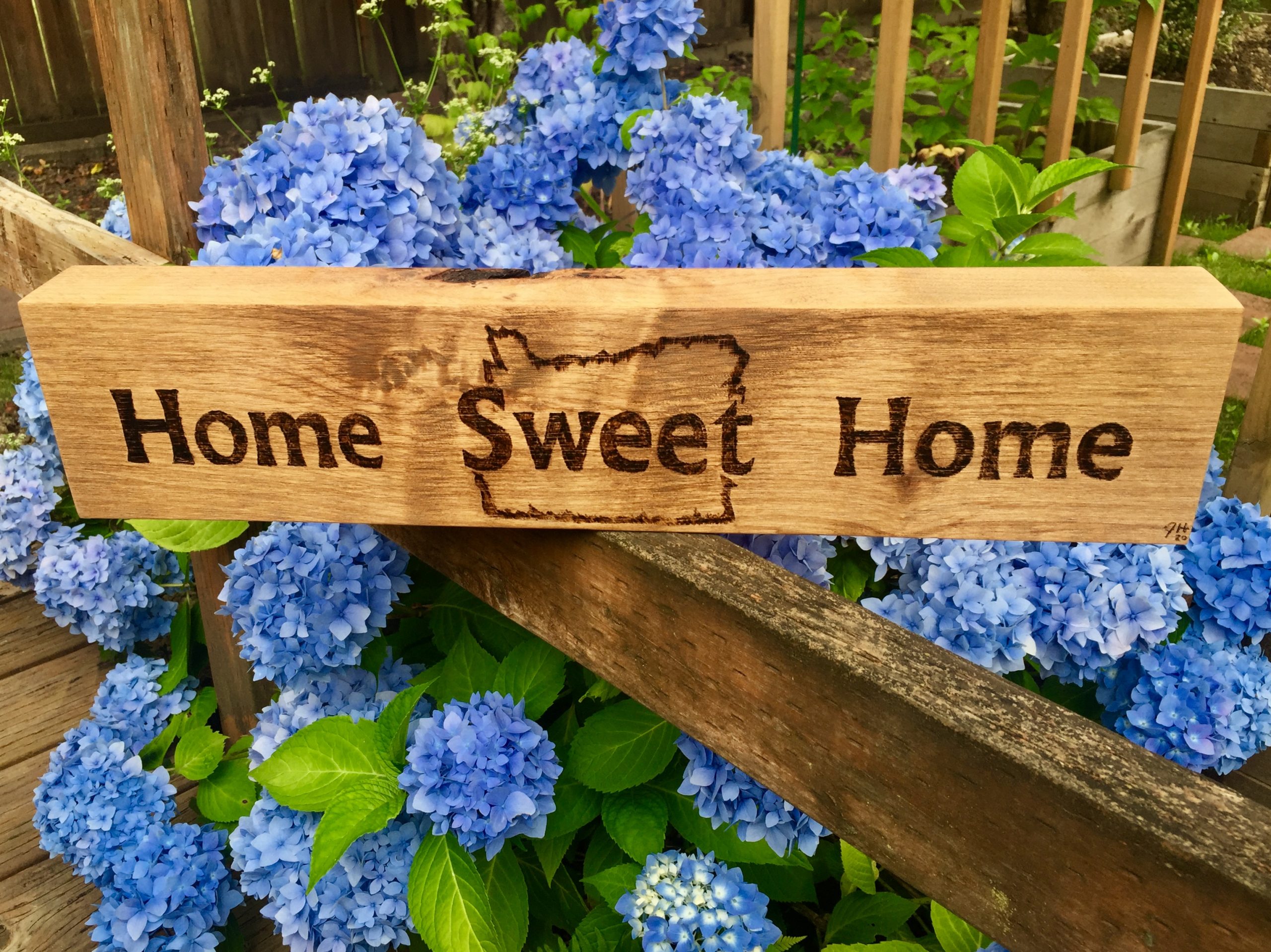EDITOR’S NOTE: Karen provides an accurate overview of “what I didn’t know” about Oregon, and some helpful references and resources with links to learn more about the systemic racial issues that have impacted our communities for generations. It’s important to know about the history to understand the work that needs to be done today and into the future to build communities that reflect the core values of all it’s residents.
By Karen Olson
I’ve always been proud of my Oregonian roots. I was born in Indiana, but I’ve never been excited to claim that as my “home state.” I can trace one line of my family tree directly back through Willamette Valley farmers to Oregon Trail pioneers who originally settled mere miles from where I now live. I’m possibly one of the only kids in the world who learned to sing the state song “Oregon, My Oregon,” even though I grew up in Illinois and New York and Michigan. My Oregon pride runs deep.
None of that warm, fuzzy feeling changes the fact that Oregon, state of my ancestors and my beloved adopted home, has a horrific history of overt racism and violent mistreatment of Black people. For all my knowledge of state trivia (Oregon’s flag is the only two-sided state flag in the nation!) I never had an inkling that we are also noteworthy for the anti-Black racism and exclusion enshrined in our constitution. I had a vague sense that Oregon was “pretty white,” but no idea that our state was intentionally founded as a “white homeland,” a haven for post-Civil War racists who didn’t want to live side by side with free Black people.
I didn’t know, because I didn’t have to know, that our state was a hotbed of KKK activity that rivaled and exceeded anything in the south. I didn’t see, because I didn’t have to see, that my beloved state is still an especially difficult place to exist, much less thrive, as a person of color. (I didn’t realize, because those stories weren’t told to me, that Oregon has its own Trail of Tears—the brutal legacy of displacement and mistreatment of Oregon’s Indigenous peoples is a topic worthy of its own article). I didn’t understand that racism in my state and community isn’t accidental or incidental, stemming from merely individual bad behavior, but also deeply systemic. It’s woven into the fabric of our story; it’s encoded in the DNA of our state and our communities.
And of course, the past is not just the past. We don’t look back so that we can pat ourselves on the back for how much progress we have made. We don’t believe our own good press about our state being an open-minded, free-thinking, unbiased utopia for all—we ask the most vulnerable and the historically oppressed if our shiny reputation is deserved (they will tell you: it is not).
We don’t shun our ancestors for their ignorance, but we also can’t pretend that only their purported heroism counts, while their complicity in evil doesn’t matter. We don’t throw out our history, but we do become much more mindful of who and what deserves to be honored and celebrated, and which sanitized narratives need to be retold with the uncomfortable truths added back in. We face the plain facts of our racist past, so that we can hope to forge a more just, equitable, hospitable future for all our neighbors, especially our Black, brown, and Indigenous siblings.
Oregonian friends, here is a list of resources that can help our understanding of Black history in our state. It focuses on anti-Black racism, because the bleak history of violence against Oregon’s Indigenous peoples, of the marginalization and oppression of immigrants from Asia and Latin America and elsewhere, deserve their own articles. No slate of resources can be comprehensive, but it’s better to start somewhere than be paralyzed by information overload or decision fatigue. Let’s face the discomfort of our racist history, so that we are not doomed to repeat it.
To read:
“Blacks In Oregon” (Darrell Millner, The Oregon Encyclopedia, https://oregonencyclopedia.org/articles/blacks_in_oregon/#.XvEWY0VKjIU)
“The Racist History of Portland, The Whitest City In America” (Alana Semuels, The Atlantic, https://www.theatlantic.com/business/archive/2016/07/racist-history-portland/492035/)
“When Portland banned blacks: Oregon’s shameful history as an ‘all-white’ state” (DeNeen L. Brown, The Washington Post, https://www.washingtonpost.com/news/retropolis/wp/2017/06/07/when-portland-banned-blacks-oregons-shameful-history-as-an-all-white-state/)
“Looking Back In Order to Move Forward: An Often Untold History Affecting Oregon’s Past, Present and Future: Timeline of Oregon and U.S. Racial, Immigration and Education History” (Elaine Rector, https://www.portlandoregon.gov/civic/article/516558)
A Brief History of Fear and Intolerance in Tillamook County (Helen Hill, https://www.amazon.com/Brief-History-Intolerance-Tillamook-County/dp/1629013536) This is also available at local bookstore Cloud & Leaf in Manzanita.
To watch:
“Oregon’s Black Pioneers” (Oregon Experience, 30 minutes, https://www.opb.org/television/programs/oregonexperience/segment/oregon-black-pioneers-documentary/)
“The Logger’s Daughter” (Oregon Experience, 28 minutes, https://www.opb.org/television/programs/oregonexperience/segment/the-loggers-daughter-/)
“Walidah Imarisha : Fearless Social Commentator : PDXtalks” (Walidah Imarisha, 17 minutes, https://www.youtube.com/watch?v=FTZlNEZ3NEw&fbclid=IwAR0t4oYd27I5y4B983P34_GDXywq0tNyiJf2DfBsaIs0VwtuZLqPXUDa_3s)
“Oregon Black History Timeline” (Walidah Imarisha, 20 minutes, https://www.youtube.com/watch?v=fo2RVOunsZ8)
“Why Aren’t There More Black People In Oregon: A Hidden History” (Walidah Imarisha, 1 hour 45 minutes, https://www.youtube.com/watch?v=DWC-8hvP7aY)



 (1).png)